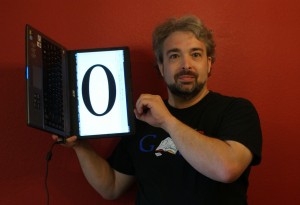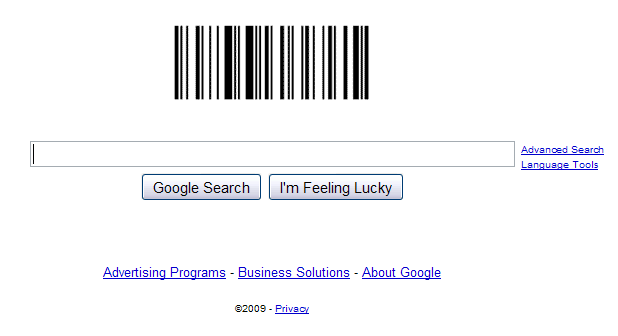A link to a thought-provoking article on Open Source business models was posted by Stephen Abram on his blog, Stephen’s Lighthouse. If you follow that last link, you may note that not only does he post the link “without comment”, he has also turned off the option for his readers to comment on the article.
I suspect (but truly don’t know) that this is because of the firestorm of attention he received surrounding a position paper he wrote, and that his company was circulating to some of their customers. If comments were enabled on his post, the following thought (probably compressed) would have been left by me. Now it is a post all its own:
What libraries need now, more now then ever, is a good, open discussion of software and service models. Many of our problems derive from weaknesses in those models, and many of our future problems will derive from weaknesses in the models we choose to move forward with.
The New York Times article is a good example of reporting that misses the elephant in the room: the Open Source model is not the same as the Closed Source model. The closed source model uses sales and company profit to determine success. An open source project could succeed in that way, but looking simply at this ignores the model.
If a group of people put the effort into creating, maintaining, distributing, and using an open source software product, it will survive. If the project is dynamic, and responds to the needs of the users, it will thrive. If it does all of the above better than the closed source companies that make competing products, then it is not fair to judge them based only on sales and profit.
One other thing to add to the mix: don’t ignore the wealth created and saved by those who use the product. If this were calculated and compared, there might be a few surprises in store for companies, including some companies that have libraries for their customers.



 Having played around with barcodes over the years, I got curious. I printed out the page, plugged in my
Having played around with barcodes over the years, I got curious. I printed out the page, plugged in my 